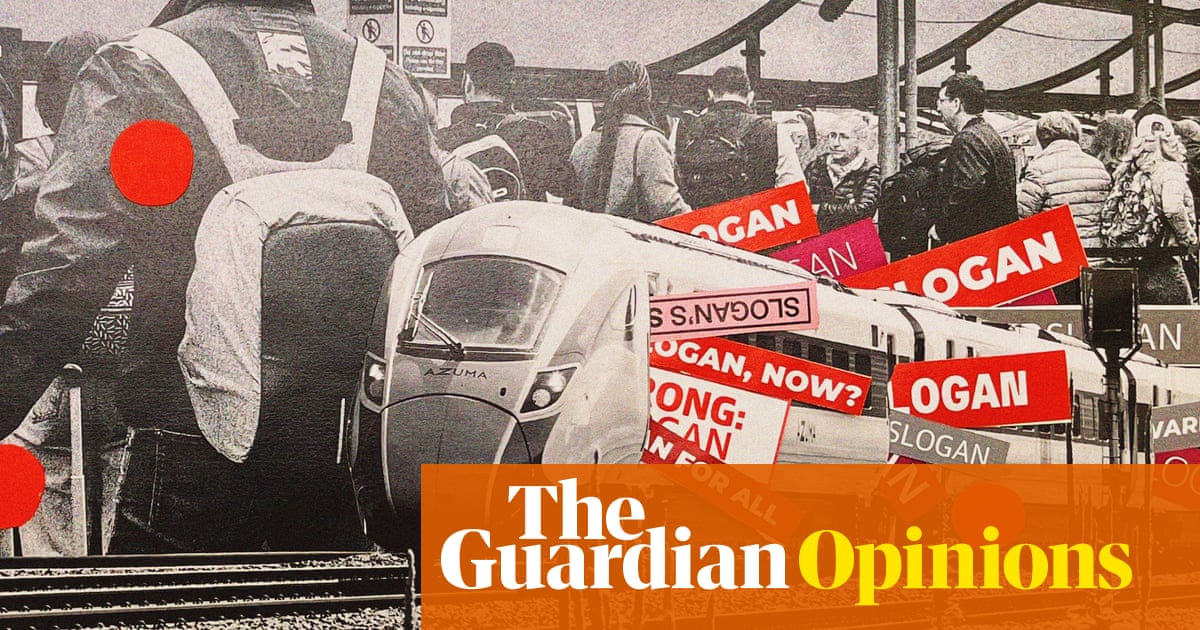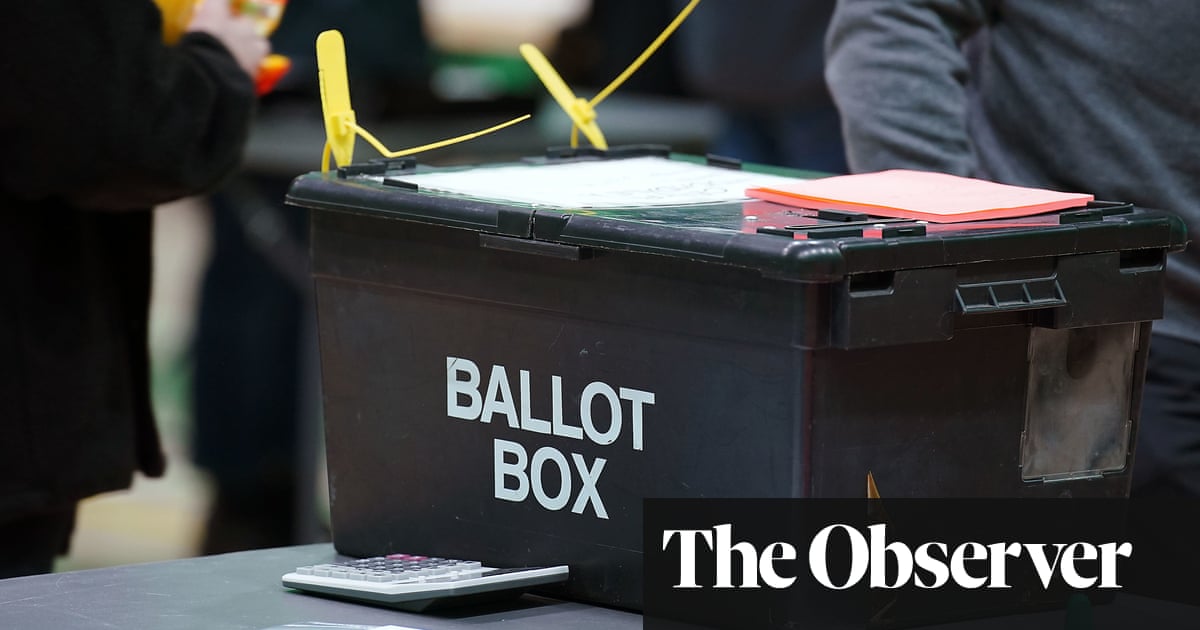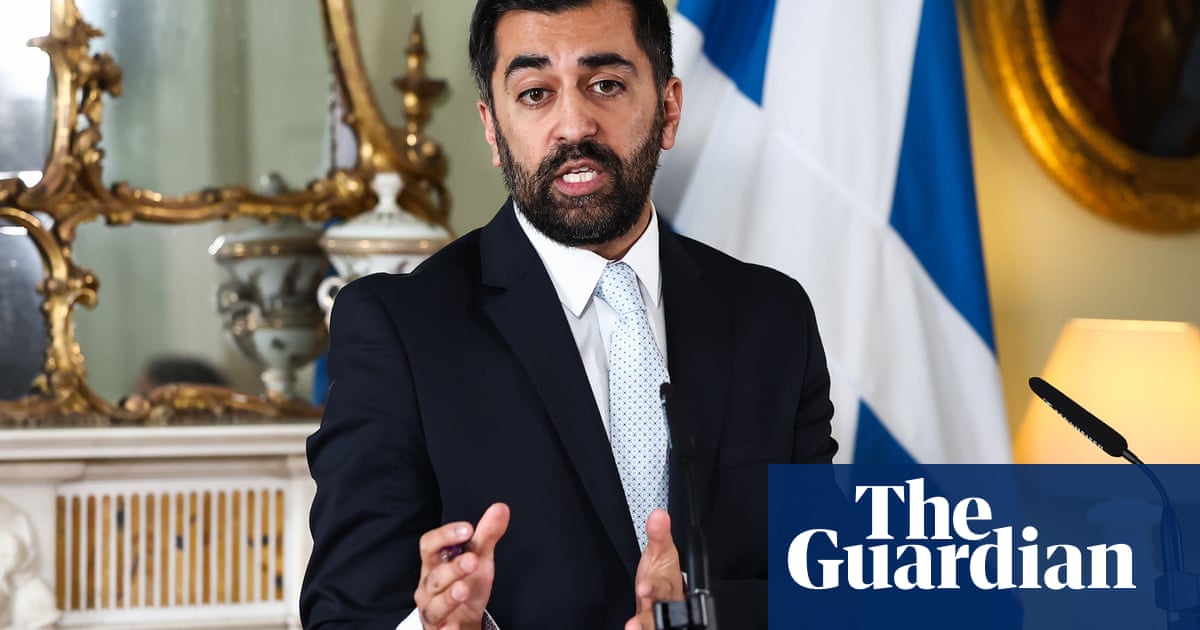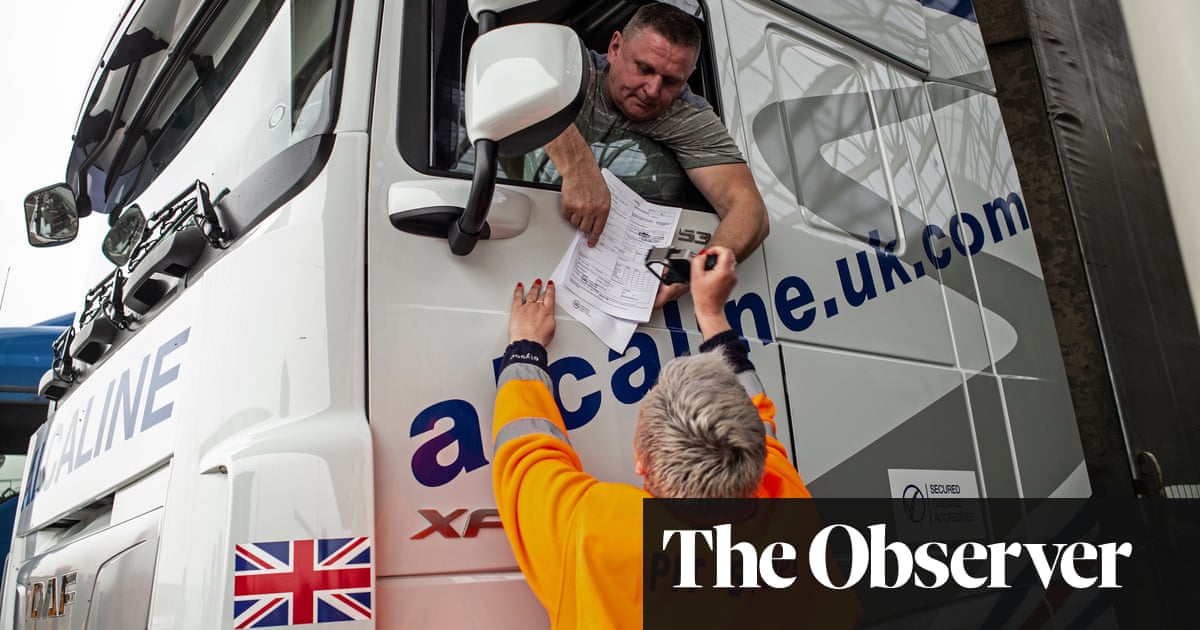After 14 years of dead ends, here are three ways Labour can rejuvenate UK public transport | Jonn Elledge


Creating a better public transport system will be vital for meeting Labour’s economic goals and its environmental ones; and it would make for a much nicer country, too. Getting there from here, though, will be a long and difficult journey. After 14 years of Tory mismanagement, with growth low and interest rates high, it may be harder to splash the cash than it would have been in the past. The next Labour government should focus on the following.
1. Protect HS2
A full and immediate commitment to reverse Rishi Sunak’s ruinous decision to scrap the northern half of Britain’s largest rail project seems unlikely to get the nod from Rachel Reeves’ Treasury team, but the case for a new line remains as strong as ever. It isn’t just, or even mainly, that it’ll provide faster links between UK cities – it’ll add capacity to an overcrowded system, and by getting fast trains off the slow lines it will allow operators to run more regional and local trains. Without it, lower fares, less crowded trains and significant reductions in the domestic air market will all be impossible.
The UK will build a new north-south line sooner or later, and it would be cheaper, faster and more logical to finish the one that’s already been started rather than beginning again. The key for now, then, is to keep that door open. The manifesto should promise to protect the route for the future and therefore make the land it would require less attractive to potential developers: that should make it harder to sell, and maximise the amount of the route that remains in government hands. Doing this would signal Labour’s immediate prudence and its longer-term ambitions, in contrast with the Tories’ reckless record.
2. Make buses a public good
In much of the country, rail actually makes up a relatively small share of public transport usage. Non-drivers are instead reliant on buses, a mode of transport deregulated everywhere but London – allowing private firms to not only run, but plan services – by the Thatcher government in 1986. This has meant a more skeletal and less useful network.
A Labour government will not immediately be able to arrest austerity, but it should make “franchising” – the ability of local government to plan a network, even if private companies operate it – a competence available to all county or combined-authority local governments. We know that it is possible: London has always run its buses this way, Manchester and other northern cities are moving in that direction now, and the Scottish government recently legislated to offer such powers to its own councils. Rolling this out would allow the rest of the country to brand and plan bus networks around social value rather than profit – to make buses easier to use, and to use the fares from busy routes to subsidise vital but less popular ones.
This may be less flashy than, say, a new generation of tram networks – but such things are, alas, expensive. Better buses are the most cost-effective way to rebuild our public transport network, and to ensure those who can’t or don’t wish to drive can access economic and cultural opportunities. It can double as a step towards returning councils to their purpose of building their communities, rather than simply managing cuts on behalf of central government.
3. Fix the north’s rail network
One big reason why rail is not the main mode of transport in so much of the country, of course, is the aforementioned lack of rail capacity. To at least begin addressing that, one area for which Labour should find capital funding as a matter of urgency is the north’s rail network.
The Tories funded the Ordsall Chord, which links Piccadilly and Victoria stations in Manchester and allows trains to cross the city; but it declined to deliver the rest of the “northern hub” plan, such as new through platforms to allow more trains to run through Piccadilly rather than terminating there. The attempt, since 2018, to timetable services as if this was enough to deliver the capacity increase that was originally promised has merely meant pushing more trains through a bottleneck. The result has been half a decade of cancellations that – since Manchester is the hub of the entire northern rail network – have made it impossible to rely on rail right across the region.
A new Labour government should work with local authorities and the rail industry to find a solution to the region’s capacity problems, and commit to funding it. To show it wouldn’t repeat the errors of the current government – such as Network North, a hastily drawn up map of projects that were unfunded, cancelled, or sited as far away as Plymouth – it should consider devolving control of the scheme to Transport for the North or the Greater Manchester combined authority. The problem with the “northern powerhouse” was never the idea, but the people delivering it. Labour has an opportunity to remind people who the party of the “red wall” really is.
-
Jonn Elledge’s new book, A History of the World in 47 Borders: The Stories Behind the Lines on Our Maps, is published in April
Source link




